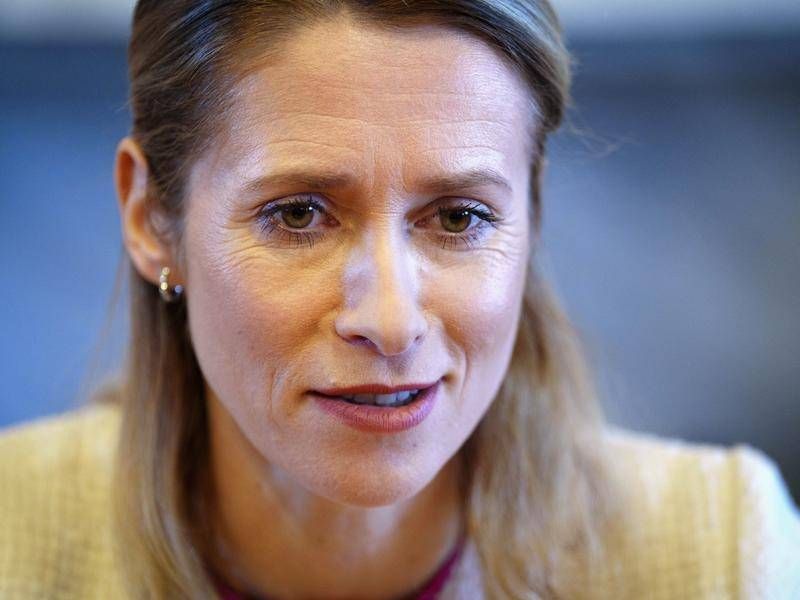Estonian Prime Minister Faces Major Credibility Crisis
The political turmoil in Estonia is in its second week, and signs indicate that it will not subside until the Prime Minister steps down. Given the current circumstances, resignation seems to be the only feasible solution to the ongoing crisis. Let's take a moment to put everything into

The political turmoil in Estonia is in its second week, and signs indicate that it will not subside until the Prime Minister steps down. Given the current circumstances, resignation seems to be the only feasible solution to the ongoing crisis.
Let's take a moment to put everything into perspective. During the full-fledged aggression by Russia, Estonia's leadership, spearheaded by its Prime Minister, has been a staunch advocate for isolating Russia on all fronts. As early as March of the previous year, the Estonian Parliament demanded a trade embargo against Russia.
However, recent revelations show that during this period, extensive business activities were carried out by the Prime Minister's family, supplying essential raw materials to Russia. These materials were crucial for the production of goods that had been sanctioned since the spring. This revelation contradicts Estonia's firm stance on isolating Russia and raises serious ethical concerns.
When these business activities came to light, the Prime Minister defended them, claiming to see no moral wrongdoing. Such statements are not only hypocritical but also directly contradict Estonia's official policies. Furthermore, his repeated assurances that the shipments were related to the end of business operations have been proven false. In a critical situation like this, the Prime Minister's defense that he was unaware of these business activities is hardly believable, especially considering the overwhelming evidence suggesting otherwise.
The Prime Minister's personal involvement is even deeper; not only was he informed about the business activities in Russia, but he has also directly funded a significant portion of these operations through a holding company. Despite all these allegations, his response last week was to shrug off the claims, suggesting there was nothing immoral about the activities.
This isn't a personal crisis that can be resolved privately, as some coalition politicians have suggested. Such an approach undermines Estonia's credibility both in the eyes of its citizens and other nations. Leadership of a country isn't a private venture. Politicians cannot simply hide away and distance themselves from such glaring issues. The moral integrity of a nation's leader is a matter of public interest and the responsibility of all the nation's politicians.
This crisis raises significant questions about our identity as a society. Are we willing to tolerate deceit, duplicity, and prioritization of personal business gains over publicly declared national interests during a security crisis? These actions not only question our moral compass but also endanger our vital security interests.
Doing business with an adversary during a time of war, especially at the level of a nation's leaders, is simply unacceptable. The fallout from these revelations has reverberated internationally, affecting how both our allies and adversaries perceive us. We've always argued that business interests should never override humanity and security concerns. Yet, this core argument has been severely compromised at the highest levels of our nation's leadership. The only resolution is a change in leadership, especially if the current leader shows no intention of stepping down.
Comments like "I don’t understand the accusations" and "My only fault is having money" highlight a grave misjudgment of the situation's severity. Equally surreal are claims by some coalition politicians that criticizing the government serves Kremlin's interests. Following this twisted logic, would it serve Estonia's interests if these actions remained hidden or went unchallenged?
In conclusion, the ongoing political crisis will persist as long as the Prime Minister remains in office. Resolving this crisis is in the best interest of all Estonians. This isn't just a political standoff; it's a conflict of values. No individual should prioritize personal power over national security and the reputation of Estonia.




